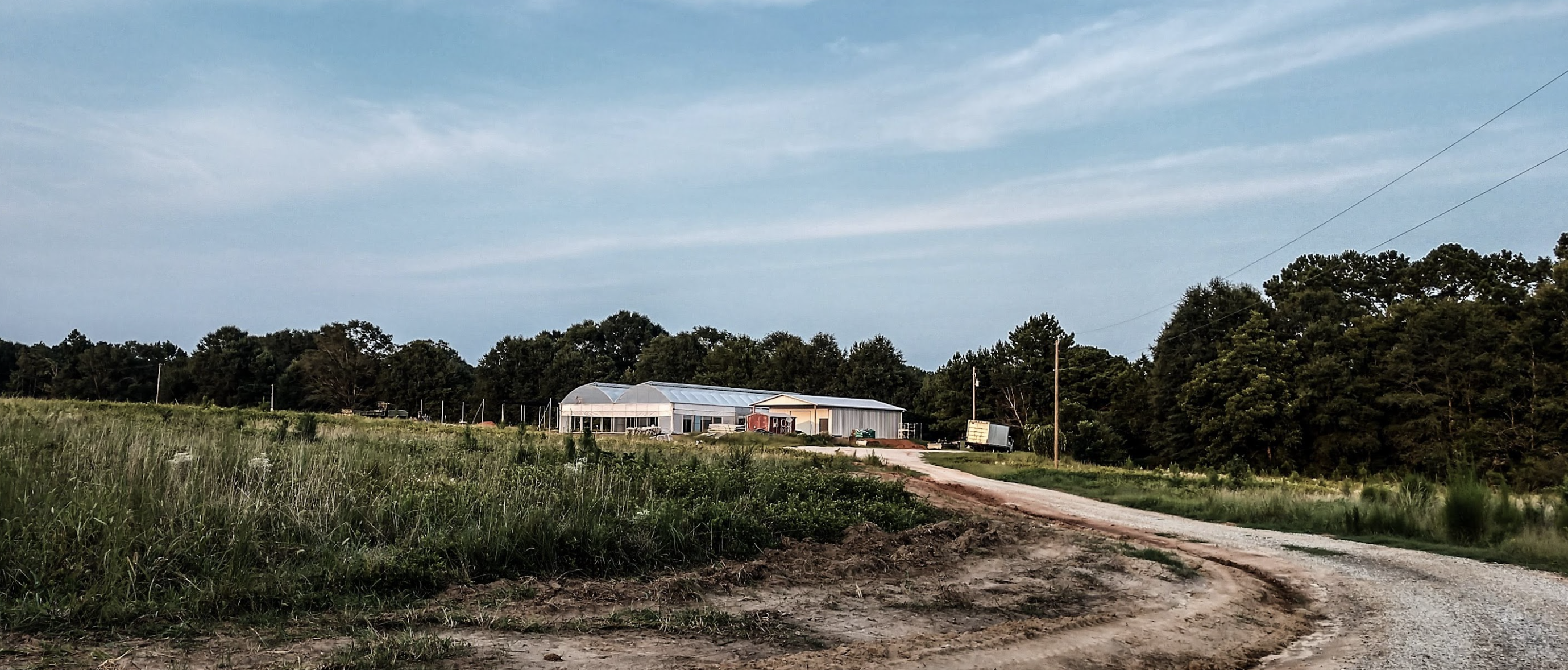
After a Devastating Tornado, Lanie & Gray Riner
Rebuild on a Foundation of Faith, Friends & Family
When Lanie and Gray walked down the aisle in 2002, they were bright-eyed about their future. Life has thrown them a few curveballs since then, but they’re stronger than ever, knowing they’re exactly where they’re supposed to be.

The Riner Family
As newly weds, Lanie landed a job at a nursery while Gray worked in his family’s real estate and development business. But five years into their marriage, they hit their first speed bump.
“Not only was the real-estate market tanking, I found out I was pregnant,” says Lanie. “Like many women, I wanted to be near my mom. So we sold the last of his properties, and we moved home to start a nursery on my family’s land. Cole was born in January of 2008, and we broke ground on our business in July.”
Then 17 months later, the couple welcomed their daughter Reagan into the world. While they had a lot to juggle, they had a strong support system. Lanie says Gray picked up on the nursery business quickly, and Gray credits his wife for being a good teacher.
The couple says the key to working with your spouse is to stay in your own lane. “She takes care of things like paperwork that I have a tough time doing,” says Gray.
“And thanks to him, our processes are streamlined and we’re more efficient,” Lanie chimes in. “And he’s really good at the people side of the business and doing the sales and marketing.”
For the next several years, the couple ran their small but successful operation, growing perennial cultivars for wholesale nurseries, independent garden centers, landscaping firms, and cut-flower producers in the Southeast. Thunderwood Farms became known for their unique line of moderate to high-end perennials that perform well under the South’s intense heat and humidity.
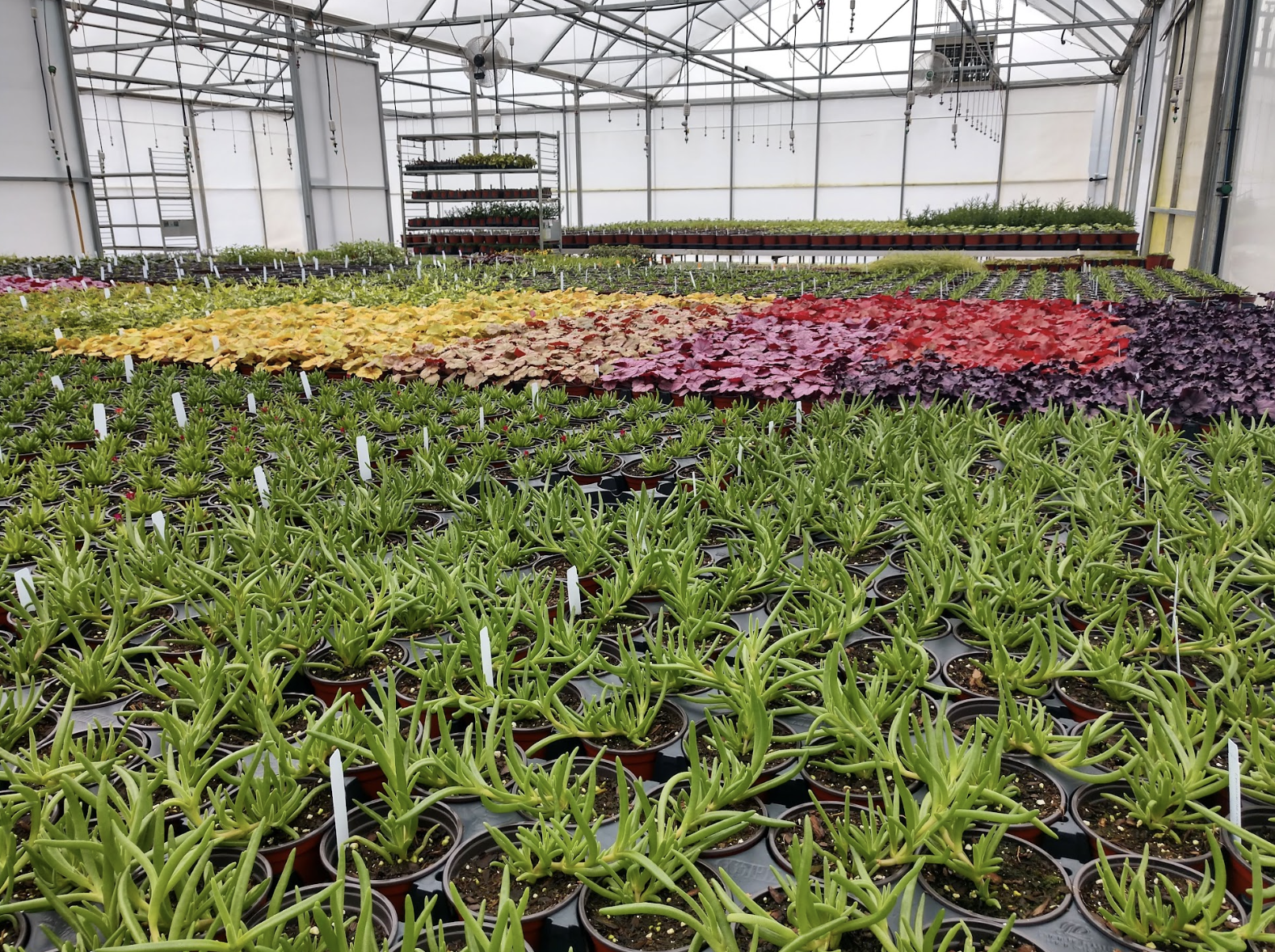
But on the winter solstice of 2017, the darkest day of the year became the darkest moment in their life. A tornado destroyed their farm.
“This tornado didn’t get a lot of press because it was over farmland,” says Lanie. “But for us, it was devastating. It hopped right over the house where my mom and kids were, but then winds came from the south and took down all of our greenhouses. But our workers inside—one was nearly 8 months pregnant—were unharmed. That was a real blessing. We were not nearly as broken as we could have been.”
Lanie and Gray were in shock, unsure of where to start picking up the pieces. Then, their phone started ringing.
“Growers from the Heart of Georgia Nursery Group told us they were on their way to help,” Lanie recalls. “There are about 21 of us in our group and we’d met at tradeshows and through business over the years. They showed up the next morning and completely removed the debris in two days. They got to where we could get to our plants and helped us relocate them so not all was lost.”
After that sign of hope from friends, Lanie and Gray did what they did every week—they headed to church.
“That Sunday the pastor preached on Romans 8:26-28, which says the Spirit helps us in our weakness and that God works for the good of those who love him, who have been called according to His purpose,” says Lanie. “It was the perfect message we needed that morning.”
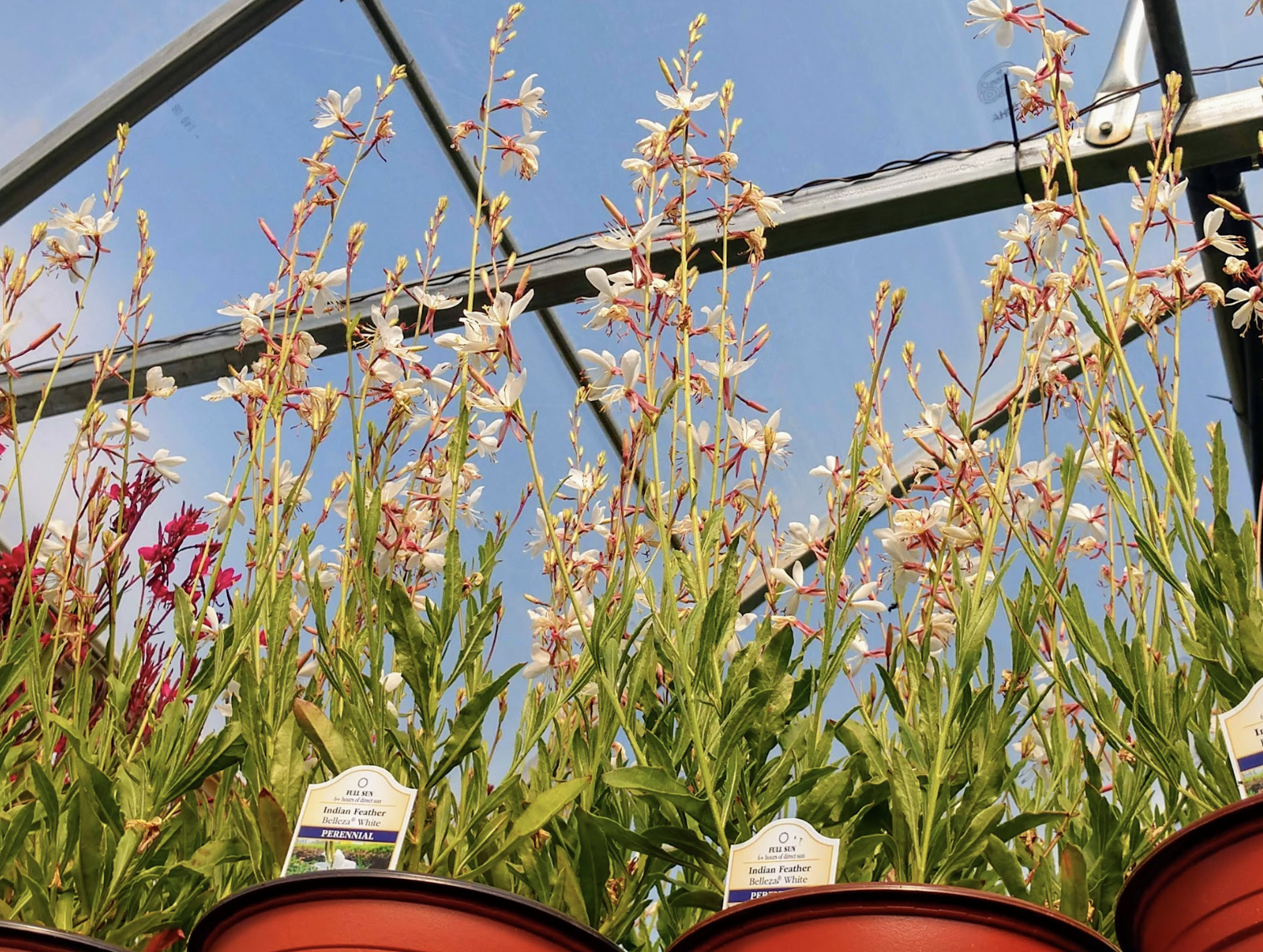
Over the next few months, two visiting pastors came, and of all the passages they chose to read, they both selected the same verses as the one before: Romans 8:26-28.
“As we were going through rebuilding and all the immovable mountains that got in the way, God was sending us a message of hope,” says Lanie, who still gets emotional retelling the story. “We had two little children watching, so we had to rebuild. We wanted them to have that faith, too.”
Rebuilding, as challenging as its been, gave Lanie and Gray the opportunity to reset and reinvent their business.
For years, Thunderwood Farms had done speculative growing—anticipating the future based on sales of the past. “It’s like having a crystal ball that’s fuzzy,” Lanie explains.
So after the tornado, they decided solely to do custom speciality growing, only planting what’s been ordered. Today, Thunderwood Farms grows 300 different cultivars. Instead of competing with larger nurseries for the top 50 perennials, they focus on specialty crops. They have a 9-page availability list of items such as Baptisia, Asclepias and Helleborus. They count on repeat business as well as use two nationwide brokers that help get their plants out the door.
"We were able to invest in automation
& figure out ways to run our business more efficiently with fewer workers."
“We now have two connected greenhouses and an outside growing area, totaling 15,000 square feet that we turn about five times a year. As soon as one shipment goes out, I plant the second, and so on," says Gray.
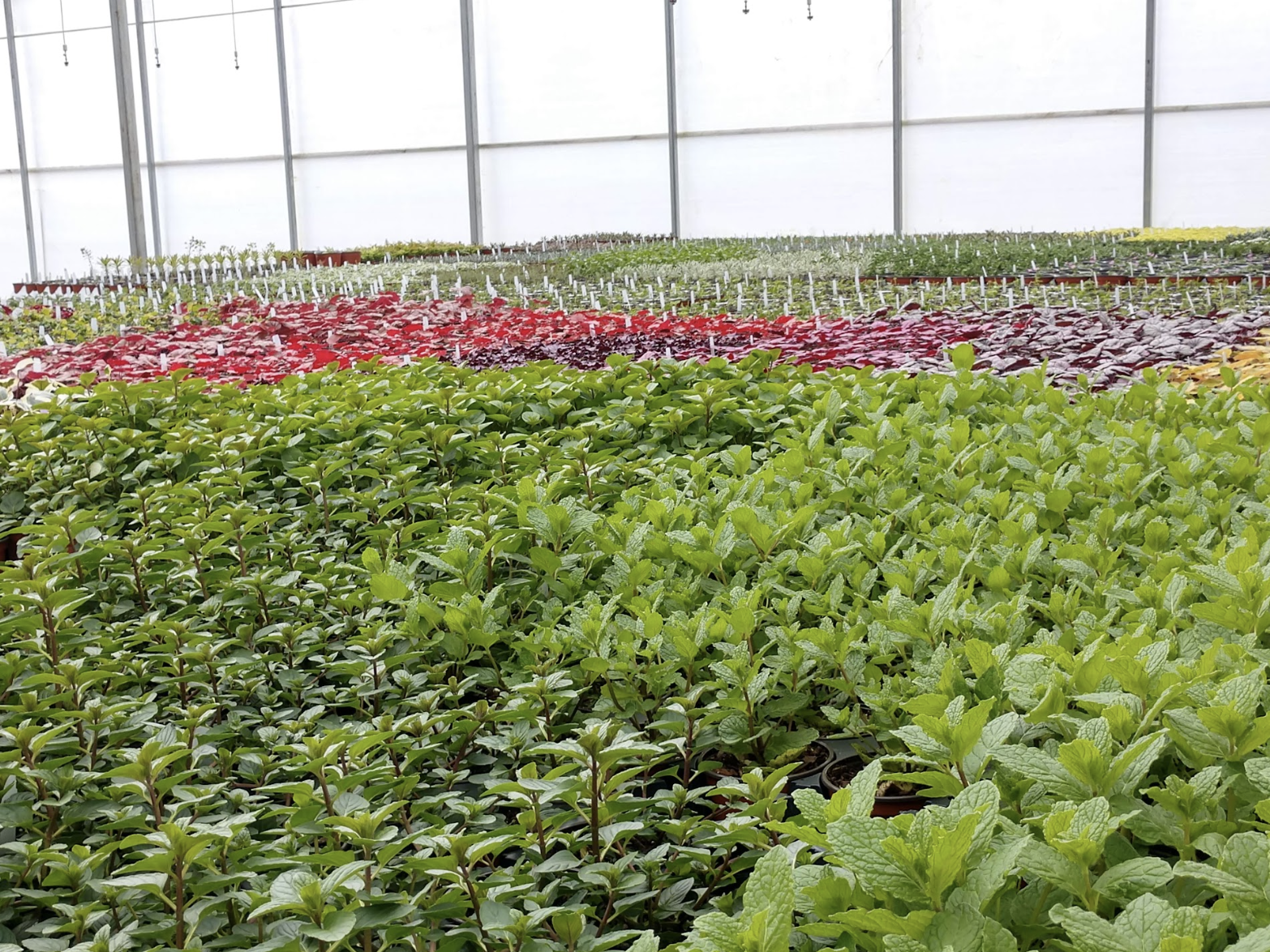
Like many nurseries across the South, Thunderwood Farms has had trouble finding workers—even at a pay of $12 per hour that’s significantly higher than the county’s minimum wage. As a small nursery, it is difficult to participate in the H2A program because the rules are stringent and the program is costly, especially when housing must be provided.
“Labor is hard to come by,” says Lanie. “It’s something we’ve struggled with here in Meriwether County for a long time.”
Wider, floating aisles and rolling benches make moving plants at Thunderwood Farms much easier. Instead of full-time staff watering the plants, they invested in a smart irrigation system.
“I can also better control the temperature in the greenhouse,” says Gray. Through computer automation, the roof opens, the sides roll up, and there’s airflow. That’s been a huge time and labor savings.”
The couple has gone from needing four employees to only one. While they certainly don’t want to relive the tornado, they’ve found a silver lining.
“Don’t be afraid to diversify or change,” advises Gray. “It can be a blessing.”
Last year, the couple decided to make yet another change. Right before COVID-19, Lanie decided to take a job as executive director of the Georgia Green Industry Association. Gray had served as former chairman of GGIA in 2015, and Lanie valued the service it provided its members.
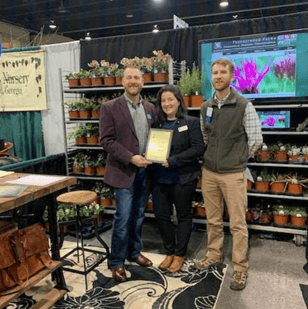
“It was a crazy time,” says Gray. “In June last year, Lanie started doing GGIA full time. “At the onset of COVID, she was really working behind the scenes to make sure green industry businesses were deemed essential, and here at the nursery, we were selling out of everything. People were stuck at home and still getting a paycheck. So they wanted plants. Thanks to Lanie and the work of GGIA, our industry remained open.”
Gray says between the increased demand caused by the quarantine and the recent freeze in the South, plant shortages are a real problem this season. Thunderwood has sold out of plants, which is good for business, but plant shortages are stressful for the couple who wants to provide customers with what they want. Gray warns landscapers to plan ahead for 2022 as many plants will not be available.
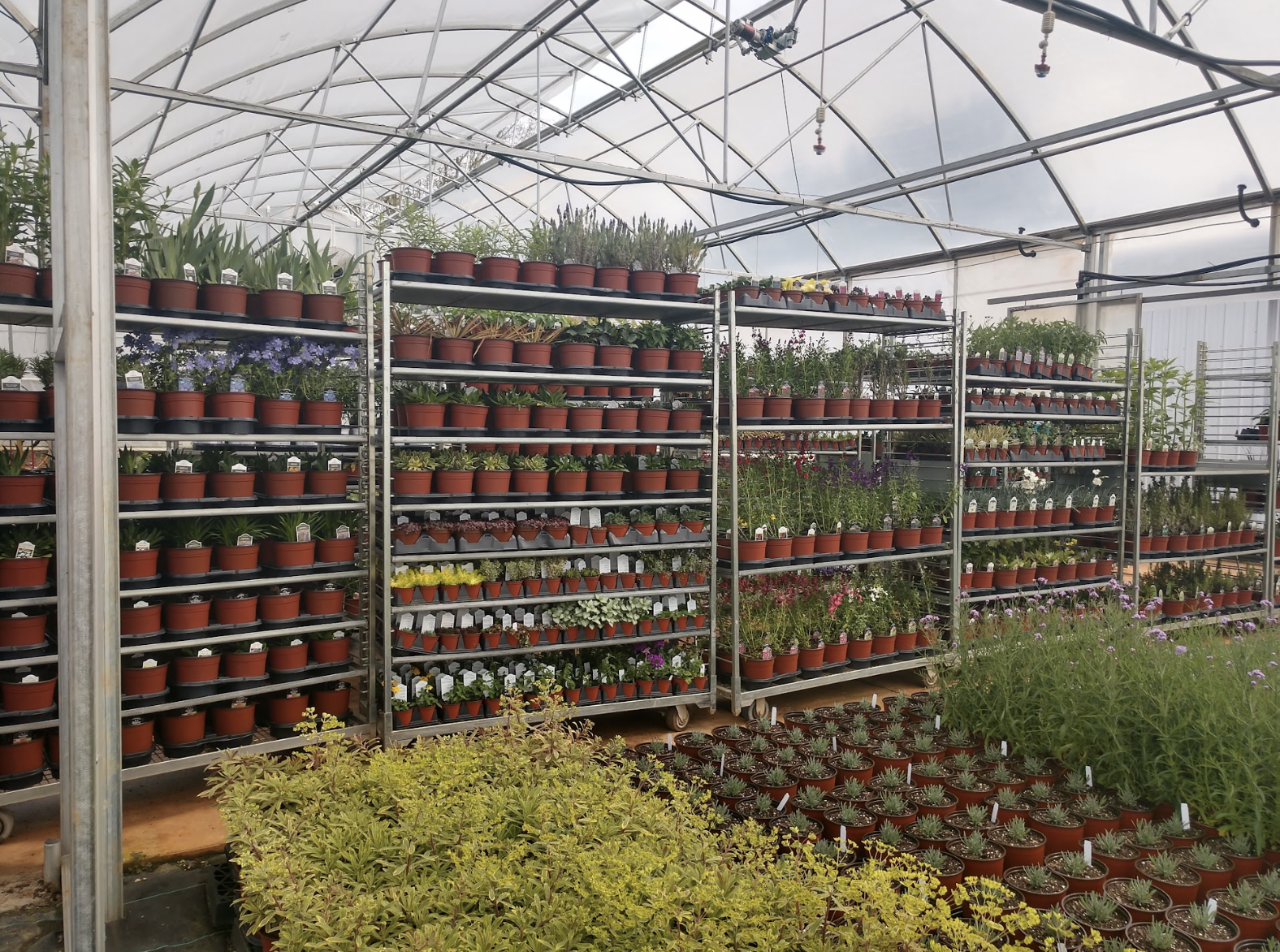
Through the aftermath of the tornadoes to dealing with COVID demands, Lanie says being part of an association is more important than ever.
“I would encourage green industry businesses to network and join the state trade association,” says Lanie. “If you’re having a challenge with something, I guarantee other folks are having the same issues. That network is truly invaluable.”
Despite all the challenges and changes, the couple is sure of their calling.
“This business is a labor of love,” says Lanie. “We go along and do the best we can and give back the best way we can. That’s all anyone can do.”
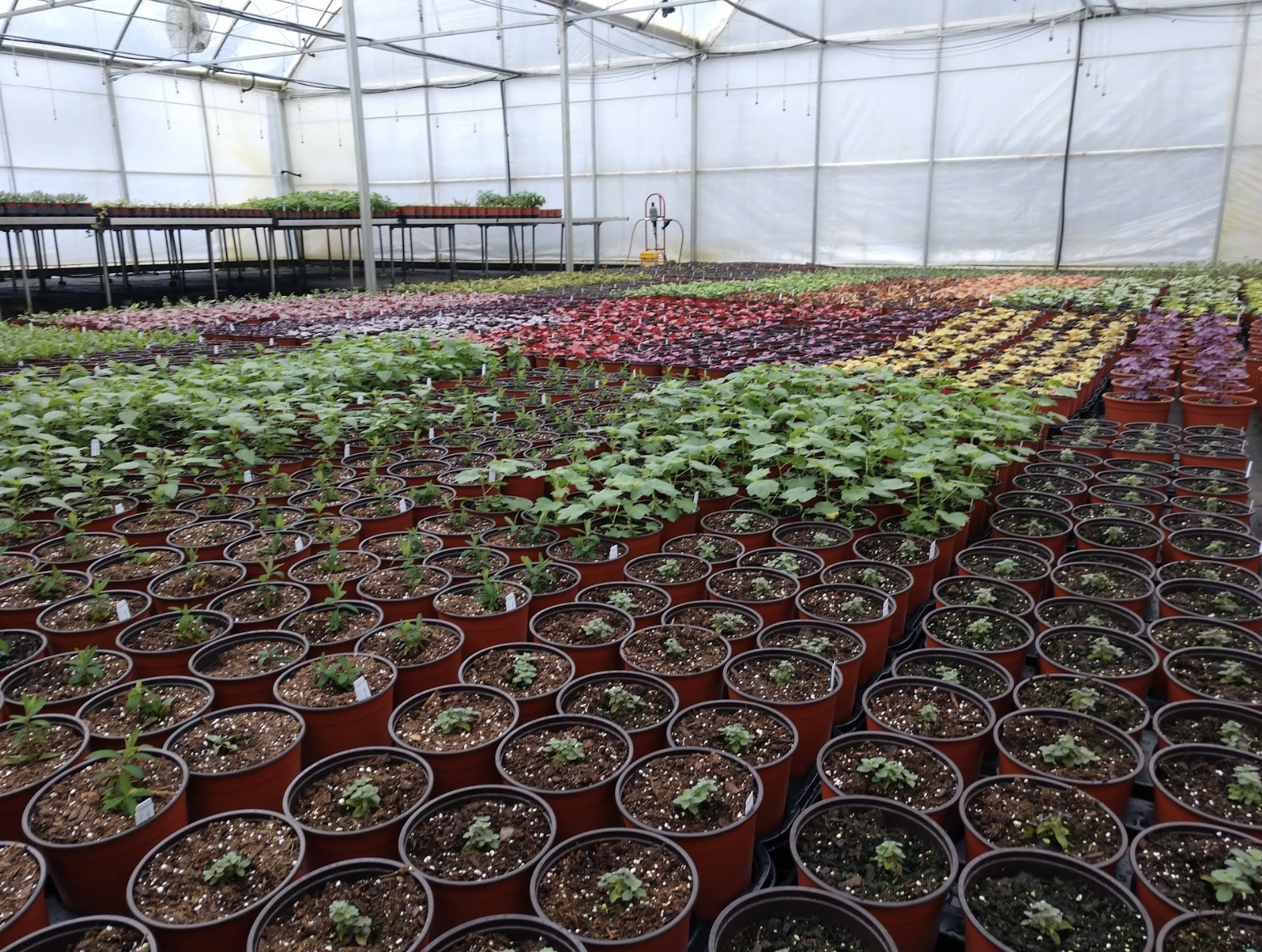
Get In Touch
Thunderwood Farms
Located in Woodbury, Georgia
Phone: (706) 977-3590
www.thunderwoodfarms.com
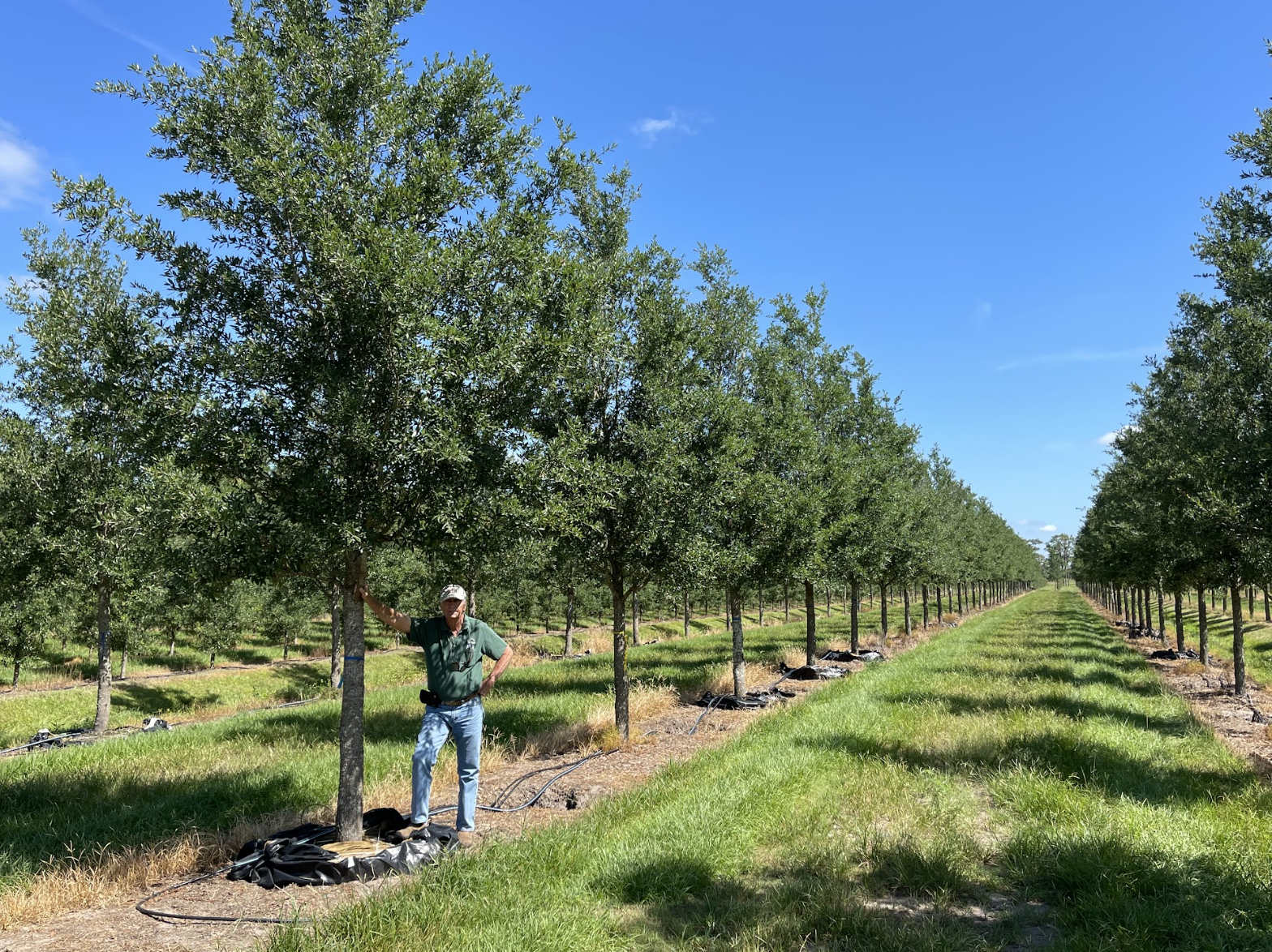 Read More
Read More
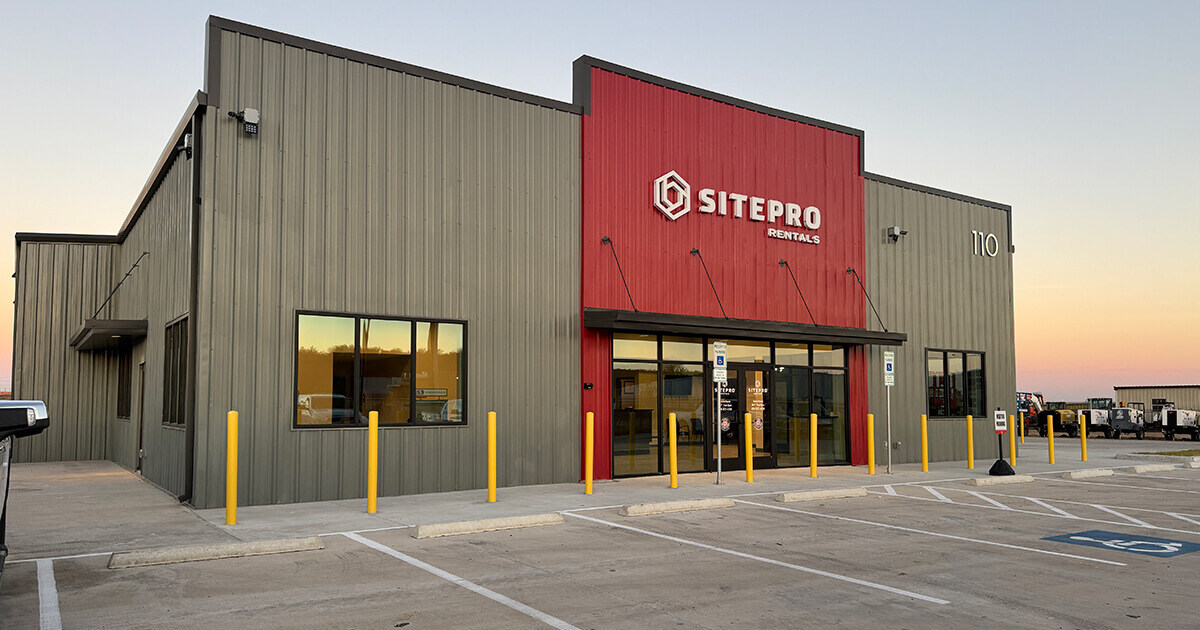
SitePro™ Rentals Grows Footprint in South Texas
SitePro™ Transitions to Expanded Facility to Better Serve Equipment Rental Customers Dallas, TX (January 10, 2025)—SitePro™ Rentals announced the...
.png?width=541&height=218&name=synkd%20logo%20w%20tagline%20(2).png)



 Laura Lee
Laura Lee
